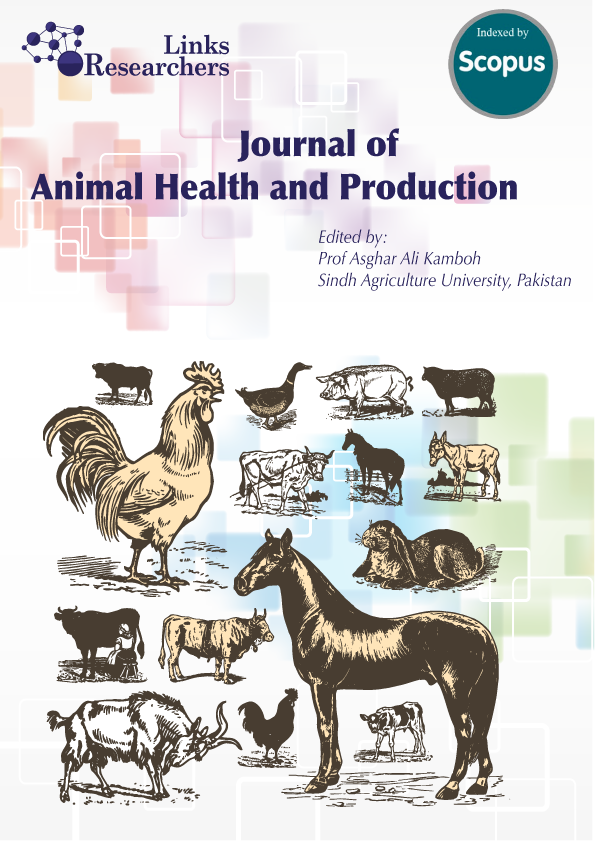Lipid Regulation and Cardiovascular Biomarkers of Native Chickens Fed a Combination of Maggot, Indigofera and Turmeric
Lipid Regulation and Cardiovascular Biomarkers of Native Chickens Fed a Combination of Maggot, Indigofera and Turmeric
Sri Purwanti1*, Wempie Pakiding1, Marhamah Nadir1, Nurhayu2, Kusumandari Indah Prahesti1, Sitti Nurani Sirajuddin1, Jasmal Ahmari Syamsu1,4, Andi Mushawwir3
ABSTRACT
Feed plays an important role in the development of local chicken in Indonesia. Feed quality (feed additive and feed supplement) is directly related to an animal’s ability to maintain tissue temperature and metabolism, both of which affect the cardiovascular function and energy metabolism in chickens. This research aims to determine the value of lipid regulation and cardiovascular biomarkers of native chickens given a combination of maggot, indigofera and turmeric. A total of 120, 4-week-old male indigenous native chickens with an average initial weight of 42-45 g were divided into 3 treatment groups and fed diets, namely P0 (basal feed), P1 (basal feed + maggot mash 25%+ indigofera mash 5%+ turmeric mash 2.5%), and P2 (basal feed + maggot mash 20% + indigofera mash 10% + turmeric mash 2.5%). The result of this experiment showed that the cardiovascular biomarkers including the CRP (C-reactive protein) high sensitivity, H-FABP (heart-type fatty acid-binding protein), homocysteine, and Gamma-glutamyl transpeptidase found higher (p<0.05) in R0 than R1 and R2. Moreover, the level of adiponectin, apolipoproteins, HDL (high-density lipoprotein) cholesterol, LDL (low density lipoprotein) cholesterol, triglycerides and NEFA (non-esterified fatty acid) was found significantlyr (p<0.05) better in R0 compared to the R1 and R2 groups. These results suggested that inclusion of maggot, indigofera and turmeric in the diet of local chickens may affect the lipid regulation and cardiovascular biomarkers.
To share on other social networks, click on any share button. What are these?






